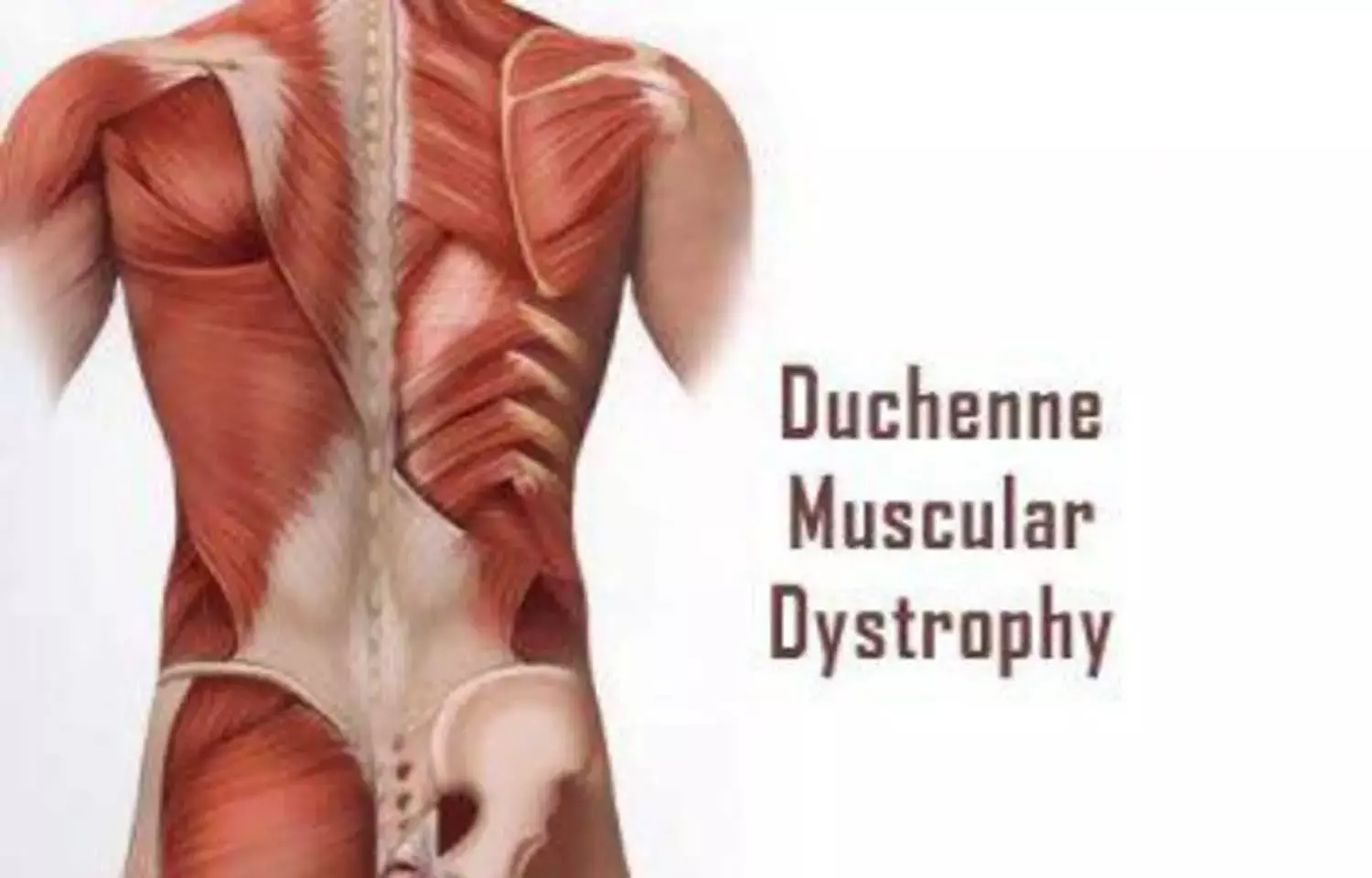- Home
- Medical news & Guidelines
- Anesthesiology
- Cardiology and CTVS
- Critical Care
- Dentistry
- Dermatology
- Diabetes and Endocrinology
- ENT
- Gastroenterology
- Medicine
- Nephrology
- Neurology
- Obstretics-Gynaecology
- Oncology
- Ophthalmology
- Orthopaedics
- Pediatrics-Neonatology
- Psychiatry
- Pulmonology
- Radiology
- Surgery
- Urology
- Laboratory Medicine
- Diet
- Nursing
- Paramedical
- Physiotherapy
- Health news
- Fact Check
- Bone Health Fact Check
- Brain Health Fact Check
- Cancer Related Fact Check
- Child Care Fact Check
- Dental and oral health fact check
- Diabetes and metabolic health fact check
- Diet and Nutrition Fact Check
- Eye and ENT Care Fact Check
- Fitness fact check
- Gut health fact check
- Heart health fact check
- Kidney health fact check
- Medical education fact check
- Men's health fact check
- Respiratory fact check
- Skin and hair care fact check
- Vaccine and Immunization fact check
- Women's health fact check
- AYUSH
- State News
- Andaman and Nicobar Islands
- Andhra Pradesh
- Arunachal Pradesh
- Assam
- Bihar
- Chandigarh
- Chattisgarh
- Dadra and Nagar Haveli
- Daman and Diu
- Delhi
- Goa
- Gujarat
- Haryana
- Himachal Pradesh
- Jammu & Kashmir
- Jharkhand
- Karnataka
- Kerala
- Ladakh
- Lakshadweep
- Madhya Pradesh
- Maharashtra
- Manipur
- Meghalaya
- Mizoram
- Nagaland
- Odisha
- Puducherry
- Punjab
- Rajasthan
- Sikkim
- Tamil Nadu
- Telangana
- Tripura
- Uttar Pradesh
- Uttrakhand
- West Bengal
- Medical Education
- Industry
Vamorolone found effective in Duchenne muscular dystrophy in Duke trial

DURHAM, N.C. - A new drug Vamorolone is new hope for young boys with the progressive neuromuscular disease Duchenne muscular dystrophy (DMD) by potentially offering an alternative to high-dose glucocorticoids that have significant side effects.
Interim results from a 24-month clinical trial at Duke Health and other institutions suggest that the drug, vamorolone, may retain or improve the effects of current steroid treatments but reduces health risks associated with long-term steroid use.
Vamorolone is an anti-inflammatory steroid that differs from all 33 drugs in the corticosteroid class because of a distinct interaction with the body's glucocorticoid receptors. Duke's participation in the study is part of a larger, multi-center global trial.
Published this month in the journal PLOS Medicine, the findings are significant because they offer a potential treatment option for young patients that may reduce the side effects that occur as a result of treatment with high-doses of such steroids as prednisone or deflazacort, while retaining the therapeutic benefit of this class of drugs. Steroid therapy is currently the only treatment that has been shown to slow the effects of DMD, an irreversible, progressive muscle disease that gradually takes the strength of boys.
"This is potentially great news for these boys who are just beginning the steroid regimen that is our standard-of-care treatment," says Edward C. Smith, M.D., a neurologist, co-director of the Duke Children's Neuromuscular Program and a clinical investigator in the trial.
"One of our biggest concerns about high-dose steroid treatment in these patients is the effect on linear growth and bone development," Smith said. "So far, based on the interim results from this trial, we may be seeing a much less negative impact on bone health among patients using vamorolone."
High-dose steroid use halts the development of growth plates in young patients and inhibits the lengthening of bones, Smith says. Despite the side effects, steroid therapy has been shown to extend patients' mobility and lives. Patients now frequently live into their 30s, but eventually experience heart and respiratory failure.
A severe type of muscular dystrophy, DMD is caused by a genetic inability to create dystrophin, a protein that protects skeletal and heart muscle from injury caused by normal contraction and relaxation. The disorder is caused by an X chromosome mutation and affects mostly boys. There is no cure.
Smith says young patients typically present with some degree of delayed motor development and neurocognitive issues. Behavioral development may also be hampered.
"The boys tend to do relatively well until about ages four to six," he says. "Then weakness becomes more pronounced and eventually impacts their ability to stand and then their ability to walk."
Following completion of the six-month study, the 46 trial participants were given the option to transition to standard of care using prednisone or deflazacort or continue treatment with vamorolone through enrollment in a two-year long-term extension study. All participants opted to continue treatment with vamorolone.
"We saw statistically significant improvements in the outcome measures in this part of the overall trial in boys treated with the two highest doses of vamorolone for 18 months, with improvements in strength and function," Smith said. "These improvements appear to be similar to what is seen on steroid-treated boys, based on data from DMD natural history studies. Additionally, vamorolone appears it may have a much better side effect profile than traditional glucocorticoids, even at the highest doses tested."
"Although this particular trial was not placebo-controlled, I am encouraged by the safety and efficacy data and look forward to results from the larger placebo-controlled trial (VBP15-004) that is currently underway at Duke and other sites," Smith said.
Hina Zahid Joined Medical Dialogue in 2017 with a passion to work as a Reporter. She coordinates with various national and international journals and association and covers all the stories related to Medical guidelines, Medical Journals, rare medical surgeries as well as all the updates in the medical field. Email: editorial@medicaldialogues.in. Contact no. 011-43720751
Dr Kamal Kant Kohli-MBBS, DTCD- a chest specialist with more than 30 years of practice and a flair for writing clinical articles, Dr Kamal Kant Kohli joined Medical Dialogues as a Chief Editor of Medical News. Besides writing articles, as an editor, he proofreads and verifies all the medical content published on Medical Dialogues including those coming from journals, studies,medical conferences,guidelines etc. Email: drkohli@medicaldialogues.in. Contact no. 011-43720751


